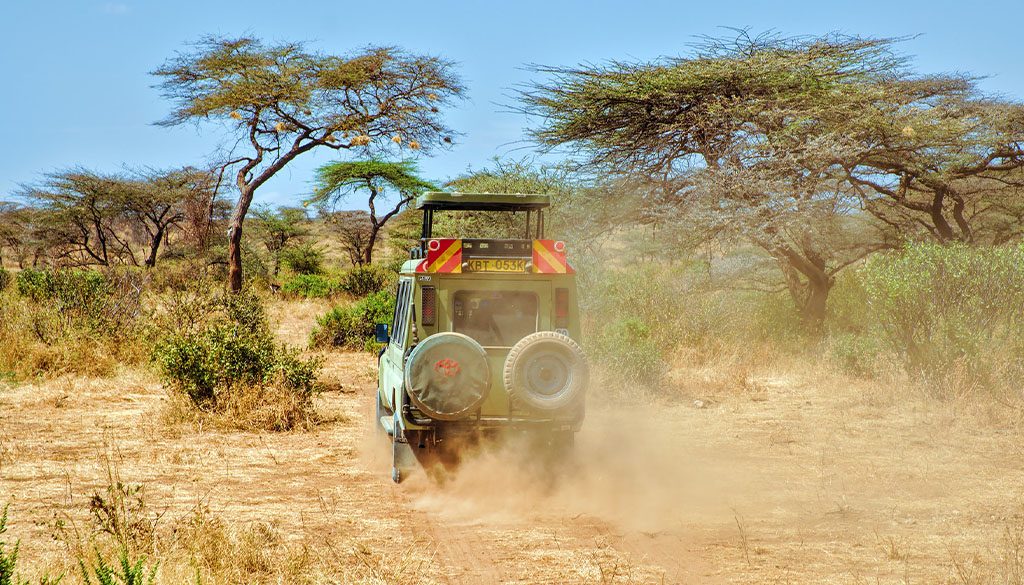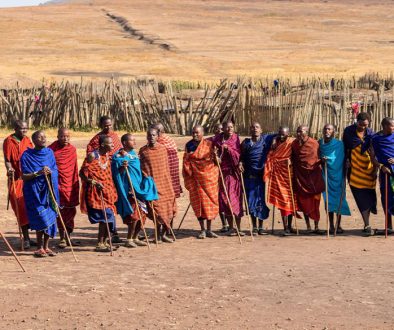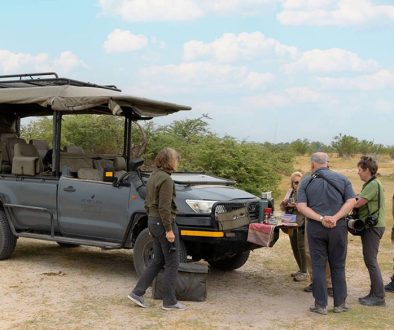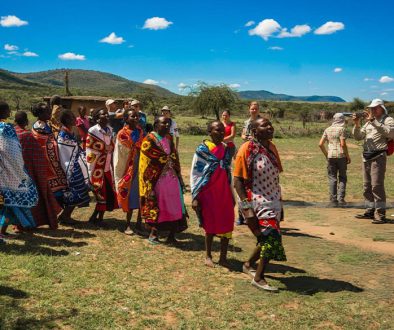Embarking on a safari in Kenya is a thrilling adventure, offering a unique blend of wildlife, culture, and breathtaking landscapes. However, before you pack your bags for this unforgettable experience, there are crucial details to consider. In this comprehensive guide, we delve into essential aspects, focusing on the new Maasai Mara Park entry fees and Kenya’s National Park entry fees, effective January 2024. Additionally, we’ll explore two other significant factors you must be aware of before traveling to Kenya in 2024.
1. New Kenya’s National Park Entry Fees, Effective January 2024.
A Shift in Fee Structures.
Kenya Wildlife Services, the authority overseeing most of Kenya’s protected areas, has announced revised fees effective January 2024. The fee adjustments apply to different categories of tourists, including East African Community (EAC) citizens, visitors from the rest of Africa, and international tourists.
- Locals: Ksh 2,000 for adults (from Ksh 430) and Ksh 500 for children (from Ksh 125) to access Nairobi National Park.
- EAC Residents: Ksh 2,000 for adults and Ksh 500 for children in both high and low seasons.
- Rest of Africa Visitors: $50 for adults $20 for children in high season, $25 for adults, and $10 for children in low season.
- International Tourists (Premium Parks): $100 for adults and $35 for children in high season, $80 for adults and $20 for children in low season.
- National Sanctuaries Fees: Increased from Ksh 215 to Ksh 400 for adults and Ksh 250 to Ksh 125 for children for locals.
2. New Masai Mara Park Entry Fees, Effective January 2024
Understanding the Changes
The Narok County Council (NCC) has implemented changes in the entry fees for the iconic Masai Mara National Reserve. Starting from January 2024, the fees are categorized into two distinct seasons for non-residents.
1st January – 30th June 2024 (inclusive) for non-residents:
- USD 100 per day, per adult
- USD 50 per day, per child (9-17 years; 8 years and below are free).
1st July – 31st December 2024 (inclusive) for non-residents:
- USD 200 per day, per adult
- USD 50 per day, per child (9-17 years; 8 years and below are free).
Additionally, a Community Fee of USD 50 per guest, per night, irrespective of age or residency, is introduced under a new lease agreement with Narok County Government. This fee aims to distribute tourism benefits more equitably and contribute to Masai Mara’s ecological sustainability.
3. Two Other Essential Factors for Travelers in 2024.
3.1. Health & Travel Tips.
Kenya falls into a yellow fever region of Africa. You must obtain a yellow fever vaccination at least 10 days before arrival in a yellow fever region. Failure to produce an official yellow fever vaccination certificate upon arrival may result in you being denied entry. Additionally, other countries may deny entry or re-entry without proof of yellow fever vaccination after a visit to a yellow fever region.
We also highly recommend that you take precautions against malaria. Your physician will be able to assist you with a prescription for prophylaxis for malaria before you arrive in the malaria-infested area. Tips on avoiding malaria: take a prescription antimalarial drug. Use insect repellent liberally and wear long pants and sleeves to prevent mosquito bites. Sleep in air-conditioned or well-screened rooms or use bed nets. To maximize the benefit of inoculations/immunizations we suggest you see a healthcare provider at least 4–6 weeks before your trip to allow time for your vaccines to take effect.
Furthermore, based on the current guidelines, travelers arriving in Kenya do not need to present proof of COVID-19 vaccination or a pre-departure COVID-19 test result. However, travelers showing flu-like symptoms will need to complete a passenger locator form and take a COVID-19 Antigen test upon arrival (at their own cost). Travelers who test positive will be required to take further tests, and those with severe symptoms will be required to isolate as per the prevailing isolation requirement.
3.2. Is it Safe to Travel to Kenya in 2024?
Is Kenya a safe destination to explore? We take pride in recommending places we would trust with our own families. Kenya, renowned for its breathtaking safari destinations, offers a secure and enriching experience. Despite a longstanding travel advisory from the US State Department, it specifically pertains to isolated non-tourist regions, predominantly in the remote east of the country. This advisory does not constitute a broad prohibition, as the majority of Kenya remains a haven for visitors. Each year, numerous tourists embark on safaris in Kenya’s remarkable wildlife havens, such as the Masai Mara, Samburu, Amboseli, and Laikipia, encountering no untoward incidents.
Noteworthy figures in the travel industry, like Virgin entrepreneur Richard Branson, advocate for the resilience of Kenya’s tourism. Branson, who owns Mahali Mzuri in the Masai Mara, contends that travel advisories can inadvertently harm countries and bolster the agendas of terrorist groups. His argument centers on two crucial points: firstly, incidents often transpire far from the primary tourist attractions. A guided game drive in the pristine landscapes of the Masai Mara is statistically safer than navigating a multi-lane turnpike in your vehicle. Secondly, the absence of tourist dollars exacerbates unemployment in rural areas, contributing to a rise in general criminal activity. Most significantly, poverty becomes a catalyst for individuals to be susceptible to recruitment by organizations like al-Shabab.
In considering the safety of Kenya, it’s crucial to distinguish between remote non-tourist areas and the popular, well-secured destinations frequented by countless tourists each year. Embracing the wonders of Kenya not only promises a memorable journey but also contributes to the well-being of local communities, discouraging the adverse impacts of unemployment and poverty.
Conclusion.
Understanding the intricacies of Kenya’s revised park entry fees and considering additional aspects like cultural etiquette, health tips, and safety enhances your safari experience. By staying informed and respecting local communities, your visit to Kenya can contribute to the conservation and sustainability of our natural treasures.
FAQs.
1. How can I mitigate the impact of increased park fees on my budget?
Understanding the fee structure and planning your visit during the low season can help manage costs. Additionally, considering alternative parks and sanctuaries might provide a more budget-friendly safari experience.
2: Are the increased fees contributing to local conservation efforts?
Yes, the Community Fee introduced in Masai Mara aims to support local communities and contribute to the ecological sustainability of the region. Kenya Wildlife Services’ fee adjustments also contribute to conservation and wildlife protection.
3. How can I engage with and respect the Maasai community during my visit?
Engaging with the Maasai community respectfully involves learning about their culture, seeking permission before taking photos, and participating in cultural experiences offered by authorized guides. This fosters positive interaction and contributes to responsible tourism.
4. Are there any exceptions to the new park fees for children?
Children aged 8 years and below enjoy free entry to Masai Mara National Reserve, while specific fee adjustments apply to children aged 9-17. It’s crucial to check individual park regulations for age-specific exemptions or reductions.
5. Will the fee increase impact existing bookings?
Yes, all existing confirmed and provisional bookings will be adjusted to reflect the new park fees from January 1st, 2024.
6. How Do I Book a Safari with You?
You can book a safari with us by visiting our website and filling out the booking form. Our customer service team will get back to you with more details and help you customize your safari package.
Start Planning your safari?
Whatever you want your tour or safari itinerary to include, we’ll design it specifically for you..



